Home>Garden Essentials>What If I Swallow A Lemon Seed
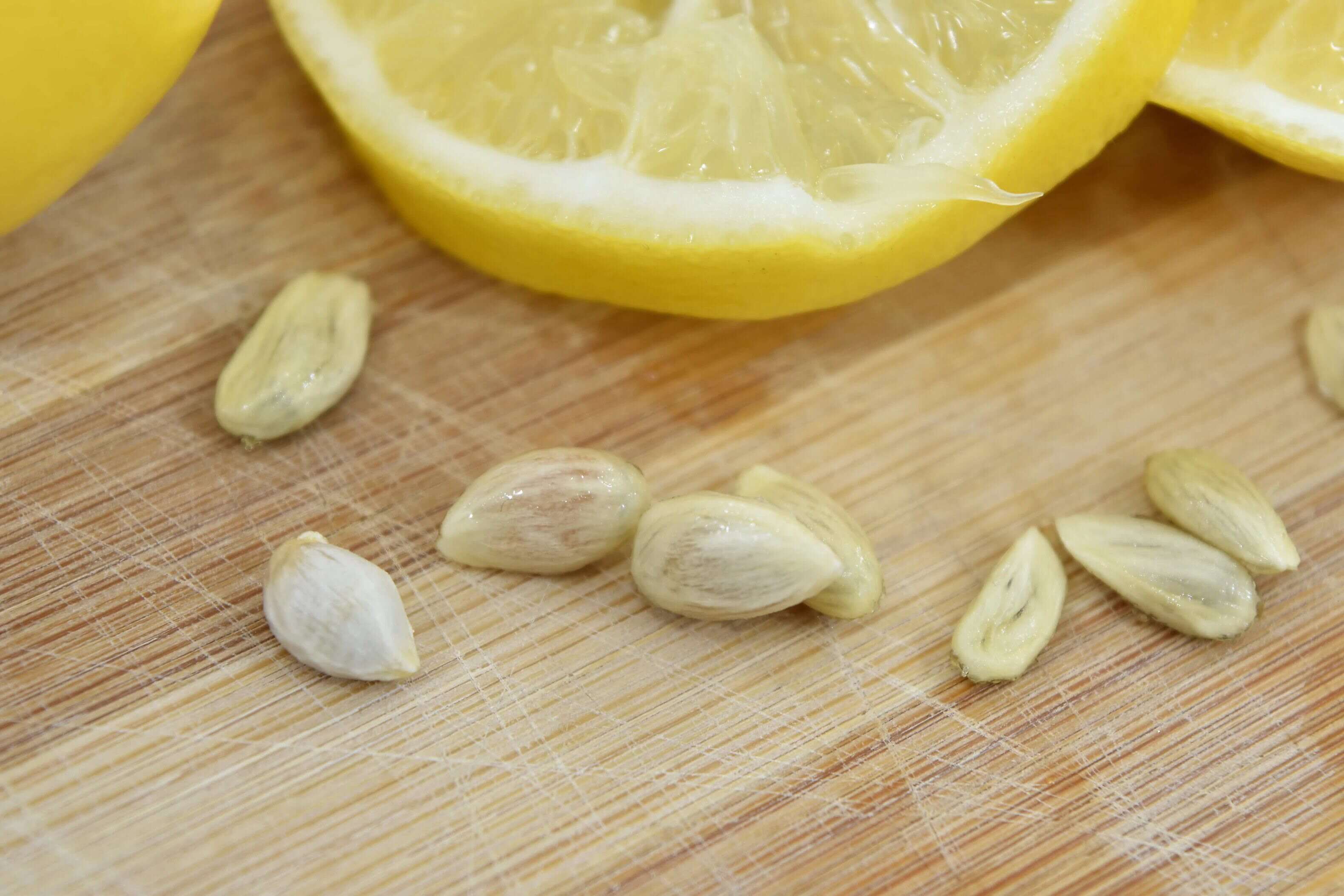

Garden Essentials
What If I Swallow A Lemon Seed
Modified: March 24, 2024
Discover what happens if you accidentally swallow a lemon seed from your garden. Learn about the potential effects and if you should be concerned.
(Many of the links in this article redirect to a specific reviewed product. Your purchase of these products through affiliate links helps to generate commission for Storables.com, at no extra cost. Learn more)
Introduction
Have you ever wondered what would happen if you accidentally swallowed a lemon seed? We’ve all been there – enjoying a refreshing glass of lemonade or a slice of lemon in our water and suddenly, there it is, a lemon seed making its way down our throat. While it’s a common occurrence, many people have concerns about the potential consequences of swallowing lemon seeds.
In this article, we’ll delve into the topic of swallowing lemon seeds and explore whether they can germinate in your stomach. We’ll also discuss any potential risks and complications associated with this accidental ingestion. So, let’s shed some light on this citrusy concern!
Key Takeaways:
- Don’t worry about swallowing a lemon seed – it’s unlikely to grow in your stomach due to the acidic environment and digestive processes. Your body is designed to handle it!
- If you accidentally swallow a lemon seed, stay calm and trust your body’s ability to digest and eliminate it. Drink water, eat fiber, and consult a healthcare professional if needed.
Read more: What Happens If You Swallow Lemon Seeds
The Concerns About Swallowing Lemon Seeds
When it comes to swallowing lemon seeds, one of the main concerns that people have is whether the seeds can actually grow inside their stomach. Lemon seeds, like any other plant seeds, contain the genetic information needed for germination. However, the human stomach is not an ideal environment for seed germination.
The acidic conditions in the stomach, along with the presence of digestive enzymes, make it difficult for lemon seeds to sprout. The pH level of the stomach is highly acidic, which is necessary for proper digestion. This acidity can actually inhibit the germination process and prevent the lemon seeds from growing.
Furthermore, the stomach’s constant churning and mixing of food further hampers seed germination. The mechanical and chemical breakdown of food in the stomach would likely damage the lemon seeds before they even have a chance to sprout.
It’s also worth noting that lemon seeds have a tough outer coating, which provides an additional layer of protection against germination. This coating is resistant to the digestive enzymes in the stomach, further reducing the chances of germination.
While it is highly unlikely for lemon seeds to germinate inside the stomach, there are other concerns associated with swallowing them. Some people worry that the seeds may cause obstructions in the gastrointestinal tract, leading to discomfort or even more serious complications.
However, it is important to remember that lemon seeds are relatively small and pass through the digestive system without causing any problems for most individuals. Our digestive system is designed to process and eliminate any non-digestible material efficiently.
Nevertheless, every person’s digestive system may react differently to foreign objects, and complications such as blockages and obstructions are always a possibility. If you experience persistent abdominal pain, difficulty swallowing, or any other concerning symptoms after swallowing a lemon seed, it is best to seek medical advice.
Can Lemon Seeds Germinate In Your Stomach?
The idea of lemon seeds germinating in your stomach may seem unsettling, but it is highly unlikely to occur. As mentioned earlier, the stomach’s acidic environment, along with the mechanical and chemical processes of digestion, create inhospitable conditions for seed germination.
For seeds to germinate, they require specific conditions such as moisture, oxygen, and warmth. These conditions are not present in the stomach and are essential for the sprouting process. Moreover, lemon seeds have a protective coating that is resistant to the stomach’s digestive enzymes, further diminishing the possibility of germination.
Even if, by chance, a lemon seed were to survive the journey through the digestive system and reach the intestines, the conditions there are still unfavorable for germination. The intestines are primarily responsible for nutrient absorption, not for providing the necessary environment for seed germination.
It is worth noting that the human digestive system is a highly efficient and complex system designed to break down food into its basic components and eliminate waste. Any undigested material, such as lemon seeds, is typically passed through the system and eventually excreted without causing any harm.
In rare cases, if a significant number of lemon seeds were swallowed, there might be a slightly higher chance of one or two seeds finding their way out of the digestive system intact. However, the likelihood of these seeds germinating and growing into lemon trees is extremely remote.
In summary, the acid-rich environment of the stomach, the digestive process, and the protective coating of lemon seeds make it highly improbable for them to germinate in your stomach or intestines. The human digestive system is not an environment conducive to seed germination, and any swallowed seeds are typically eliminated from the body without causing any harm.
While the chances of germination are slim, if you have any concerns or experience persistent symptoms after swallowing lemon seeds, it is always best to consult with a healthcare professional for appropriate guidance.
Potential Risks and Complications
While the chances of lemon seeds causing serious harm or complications are low, there are still a few potential risks to be aware of. These risks, although rare, may occur if there are specific factors or conditions present.
One potential risk is the possibility of an allergic reaction. Some individuals may have an allergic sensitivity or intolerance to citrus fruits, including lemons. If you have a known allergy or sensitivity to lemons, swallowing a lemon seed could potentially trigger an allergic reaction, such as itching, hives, or difficulty breathing. If you experience any symptoms of an allergic reaction, it is crucial to seek immediate medical attention.
Another potential risk is choking. If a lemon seed is accidentally inhaled instead of swallowed, it can become lodged in the airways, leading to choking. This risk is more common in children or individuals with swallowing difficulties. To minimize the risk of choking, it is crucial to chew food thoroughly and be mindful when eating small seeds.
In rare cases, a large number of swallowed lemon seeds could potentially cause a gastrointestinal blockage. This occurs when the seeds form a mass and obstruct the normal passage of food through the digestive tract. Symptoms of a blockage may include severe abdominal pain, nausea, vomiting, and constipation. If you experience these symptoms, it is crucial to seek immediate medical attention.
It’s important to note that the risks and complications associated with swallowing lemon seeds are relatively rare and occur in specific circumstances. For the majority of individuals, swallowing a few lemon seeds will likely pass through the digestive system without any complications or adverse effects.
If you have any concerns or experience persistent symptoms after swallowing lemon seeds, it is always recommended to consult with a healthcare professional for proper evaluation and advice.
If you accidentally swallow a lemon seed, don’t worry! It will likely pass through your digestive system without causing harm. However, if you experience any discomfort, it’s best to consult a doctor.
What Happens If You Swallow a Lemon Seed?
If you accidentally swallow a lemon seed, there is no need to panic. In most cases, swallowing a lemon seed is harmless and will pass through the digestive system without any issues.
When you swallow a lemon seed, it travels down the esophagus and enters the stomach. In the stomach, the seed is exposed to the highly acidic environment and the digestive enzymes present. These gastric juices help break down food and assist in the digestion process.
The acid in the stomach, along with the mechanical churning of food, helps to break down and soften the lemon seed. The tough outer coating of the seed provides some resistance to digestion, but eventually, the seed is broken down into smaller pieces.
From the stomach, the partially digested food, including the lemon seed, moves into the small intestine. In the small intestine, further digestion and absorption of nutrients take place. The small intestine is lined with specialized cells that absorb nutrients from the breakdown of food.
The small size and relatively soft texture of lemon seeds make them easily pass through the small intestine without causing any blockages or obstructions. Typically, any undigested material, including lemon seeds, is eliminated from the body through bowel movements.
It’s important to note that the journey of a swallowed lemon seed through your digestive system may vary from person to person. Factors such as individual digestion speed, overall gastrointestinal health, and the size of the seed can influence the time it takes for the seed to pass through your system.
In summary, when you swallow a lemon seed, it goes through the normal process of digestion in the stomach and small intestine. The seed is gradually broken down and softened by the stomach’s acidic environment and digestive enzymes. Eventually, the seed passes through the digestive system and is eliminated from the body through bowel movements.
If you have any concerns or experience unusual symptoms after swallowing a lemon seed, it is recommended to consult with a healthcare professional for proper evaluation and advice.
Read more: What Happens If You Swallow Lemon Seed
What To Do If You Accidentally Swallow a Lemon Seed
If you accidentally swallow a lemon seed, there is generally no cause for alarm. As mentioned earlier, it will likely pass through your digestive system without any issues. However, if you’re feeling a bit anxious or concerned, here are a few steps you can take:
- Stay calm: Remind yourself that it’s a common occurrence and most likely harmless.
- Do not induce vomiting: In most cases, there is no need to induce vomiting unless directed to do so by a healthcare professional.
- Monitor for symptoms: Pay attention to any unusual sensations or symptoms. While it’s rare, if you experience persistent or concerning symptoms such as severe abdominal pain, difficulty breathing, or persistent choking, seek immediate medical attention.
- Drink water: Sip on water or other fluids to ensure proper hydration and to facilitate the movement of the seed through your digestive system.
- Continue with a balanced diet: Maintain a healthy diet rich in fiber to promote regular bowel movements and ensure smooth passage of any undigested material.
- Consult a healthcare professional: If you have any concerns or experience persistent symptoms, it is always a good idea to consult with a healthcare professional for proper evaluation and advice.
Remember, while swallowing a lemon seed may cause temporary discomfort or worry, it is generally harmless. Our bodies are evolutionary marvels designed to efficiently digest and eliminate non-digestible matter. In most cases, the seed will pass through your system without causing any problems.
If you have any specific concerns or questions, it is always best to reach out to a healthcare professional who can provide tailored advice based on your individual circumstances.
Remedies to Help Digest Lemon Seeds
If you are concerned about the digestion of lemon seeds or want to aid in their smooth passage through your digestive system, there are a few remedies you can try. While these remedies are not foolproof, they may help facilitate the digestion process:
- Increased fluid intake: Drinking plenty of water or other fluids can help soften and break down food particles, including lemon seeds. Staying well-hydrated promotes regular bowel movements and can aid in the smooth passage of undigested material.
- Fiber-rich diet: Consuming a diet high in fiber can promote healthy digestion and bowel movements. Fiber adds bulk to the stool and can help move the lemon seeds through your digestive system more easily. Include foods such as fruits, vegetables, whole grains, and legumes in your diet for an adequate intake of fiber.
- Physical activity: Engaging in regular physical activity can help stimulate digestion and promote intestinal motility. Gentle exercises like walking or yoga can be beneficial in keeping your digestive system functioning optimally.
- Herbal remedies: Certain herbs and spices have traditionally been used to aid in digestion. For example, ginger and peppermint are known for their digestive properties and can help relieve discomfort associated with digestion. You can incorporate these herbs into your diet through teas or capsules, but make sure to consult with a healthcare professional beforehand.
- Probiotics: Probiotics are beneficial bacteria that can support a healthy gut microbiome. They can help improve digestion and promote regular bowel movements. You can find probiotics in certain foods like yogurt or take them as supplements.
- Relaxation techniques: Stress can negatively impact digestion, so practicing relaxation techniques like deep breathing, meditation, or yoga can help promote a healthy digestive system.
While these remedies may support your digestion and help with the passage of lemon seeds, there is no guarantee that they will completely eliminate any discomfort or risks. If you have any concerns or experience persistent symptoms, it is always advisable to consult with a healthcare professional for proper evaluation and personalized advice.
Remember, prevention is the key. Taking the necessary precautions, such as chewing your food thoroughly and being mindful while eating, can help minimize the chances of swallowing seeds unintentionally. Enjoy your lemon-infused treats with confidence, and rest assured that your body is equipped to handle any swallowed lemon seeds.
Conclusion
Swallowing a lemon seed may initially cause some concern, but rest assured that it is usually harmless. The human digestive system is designed to efficiently process and eliminate non-digestible material, including lemon seeds. While the chances of a lemon seed germinating in your stomach are incredibly low, the stomach’s acidic environment and mechanical digestion processes make it difficult for seeds to sprout.
While swallowing a lemon seed is generally safe, there are rare potential risks, such as allergic reactions or choking, that should be taken into consideration. Monitoring your symptoms, staying hydrated, and maintaining a healthy diet can help facilitate the passage of lemon seeds through the digestive system more smoothly.
If you have any concerns or experience persistent symptoms after swallowing a lemon seed, it is always best to consult with a healthcare professional. They can provide personalized advice based on your specific situation.
So, the next time you accidentally swallow a lemon seed, remember to stay calm and trust in your body’s natural ability to process and eliminate it. Enjoy your lemony treats with confidence, knowing that the risks associated with swallowing lemon seeds are minimal and often just a passing worry.
Ultimately, the occasional swallowing of a lemon seed is a small price to pay for the tangy, refreshing delight that lemons bring to our lives!
Frequently Asked Questions about What If I Swallow A Lemon Seed
Was this page helpful?
At Storables.com, we guarantee accurate and reliable information. Our content, validated by Expert Board Contributors, is crafted following stringent Editorial Policies. We're committed to providing you with well-researched, expert-backed insights for all your informational needs.
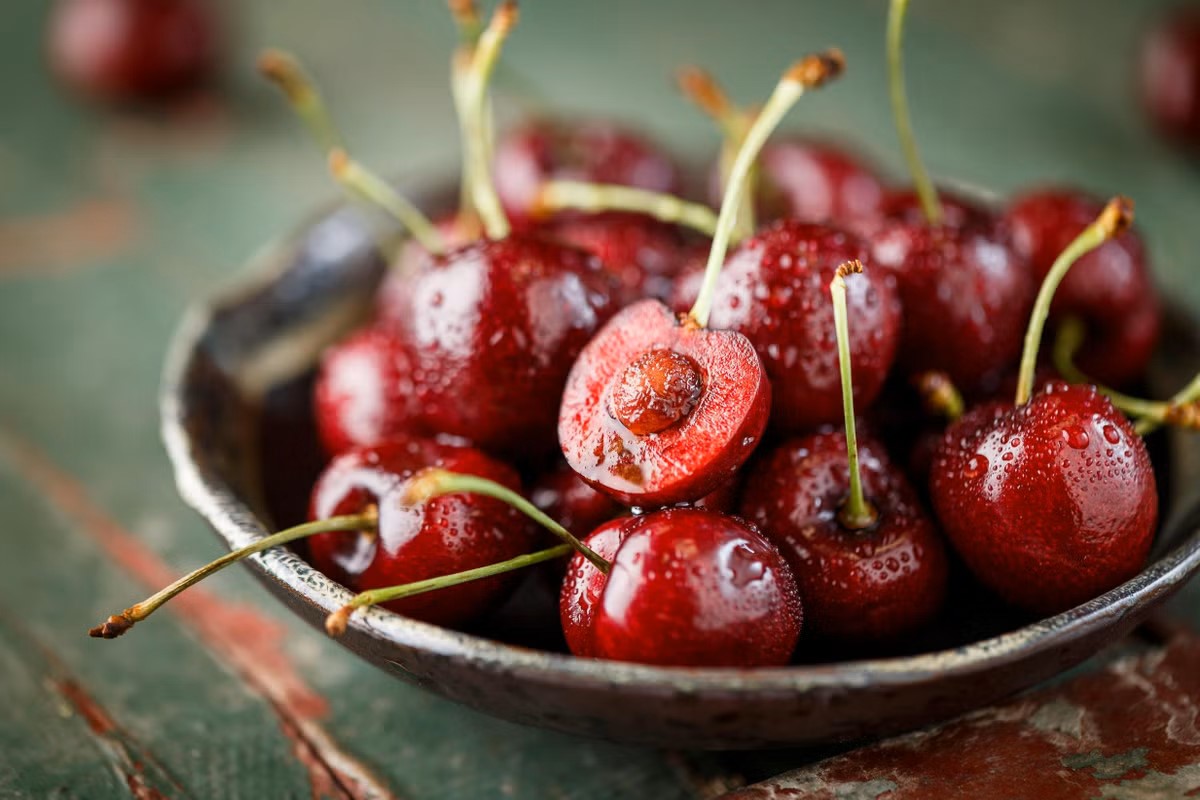

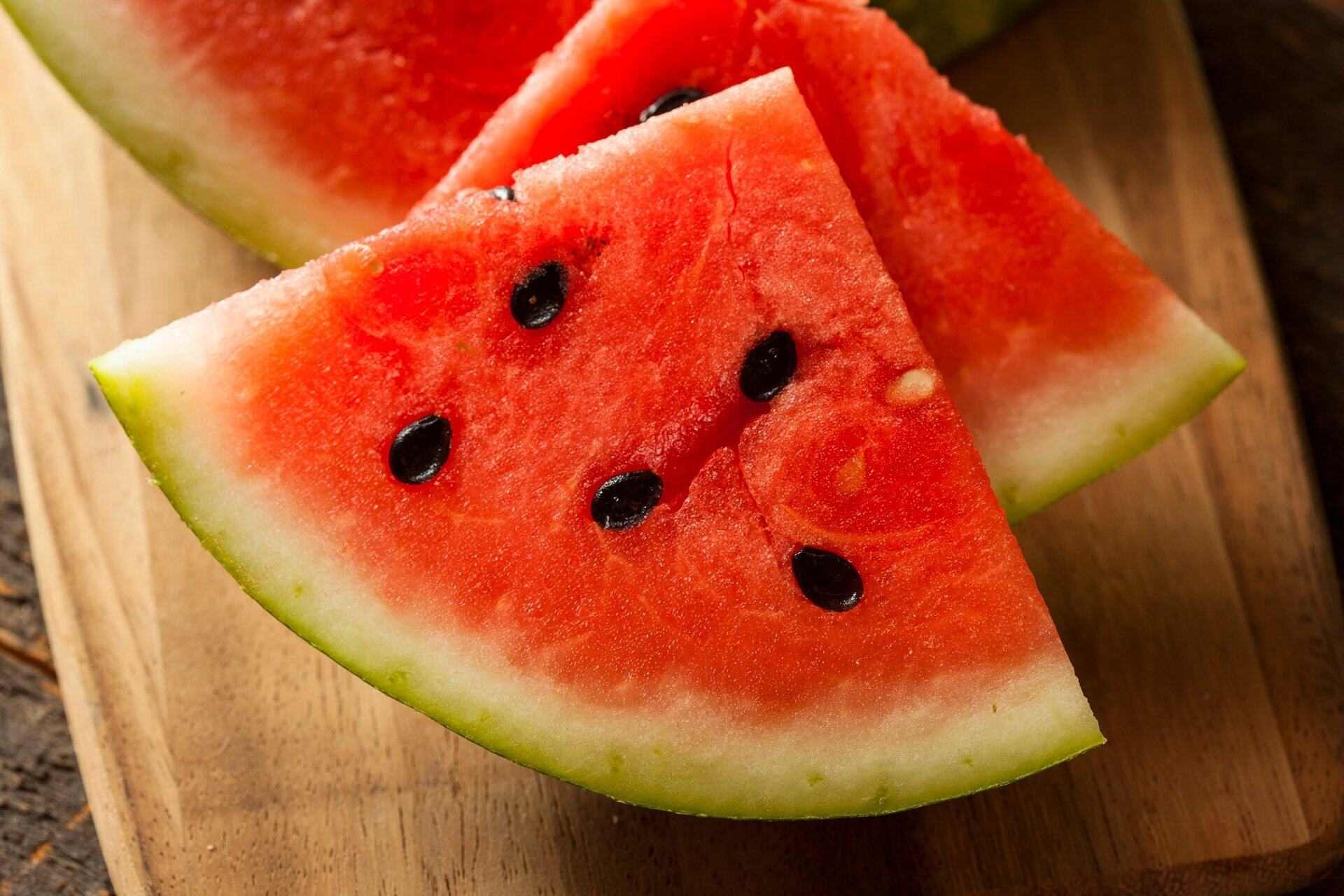


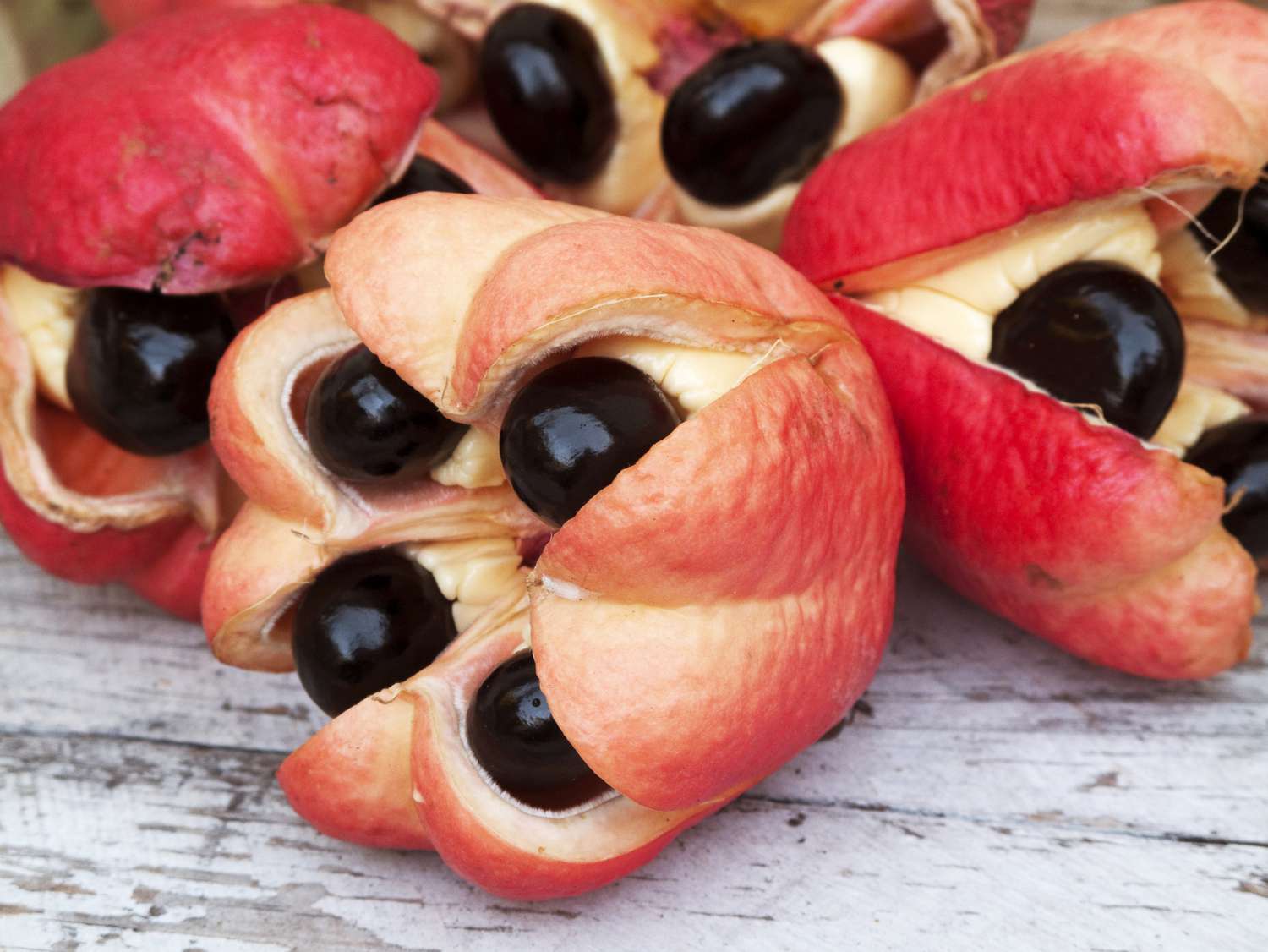
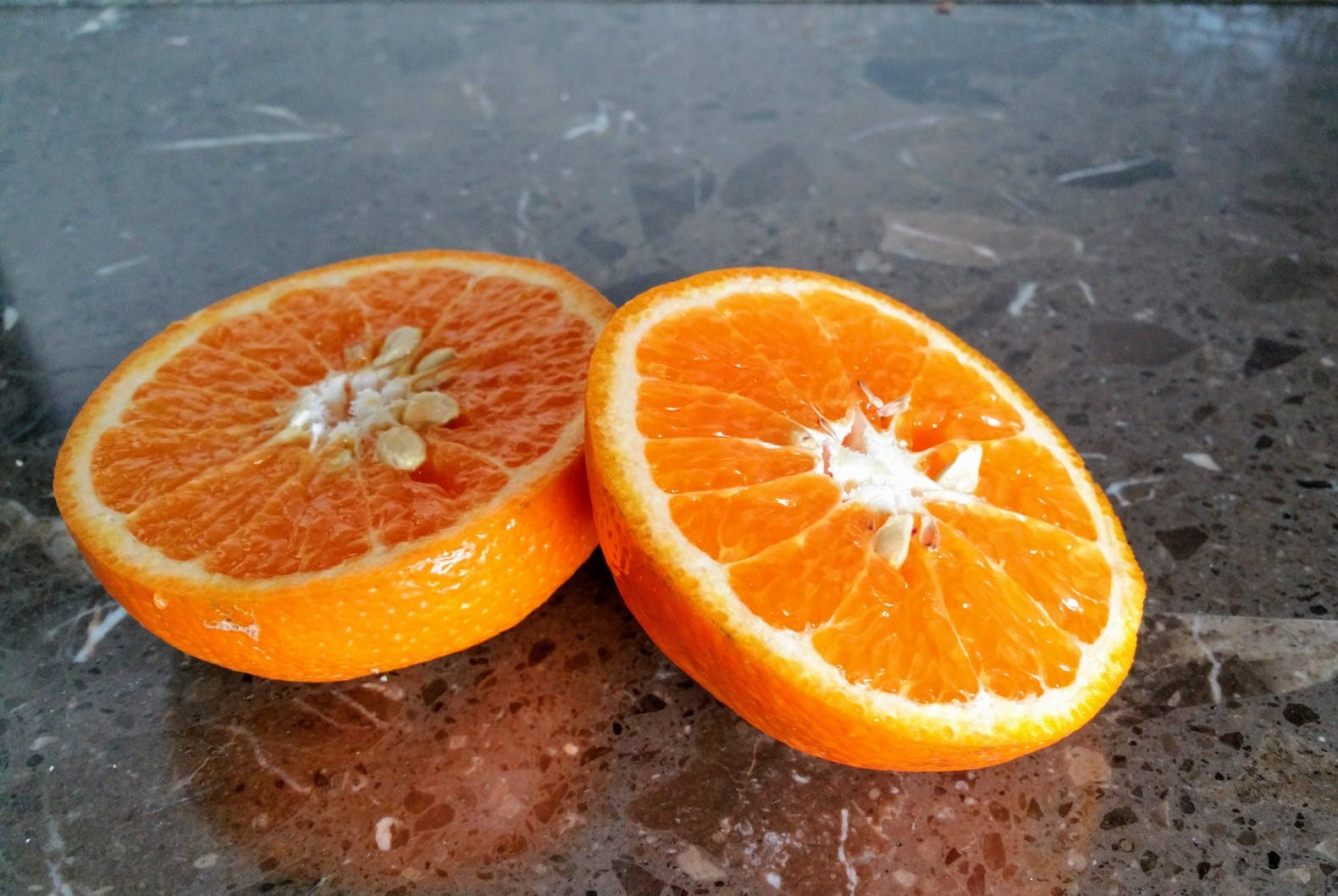
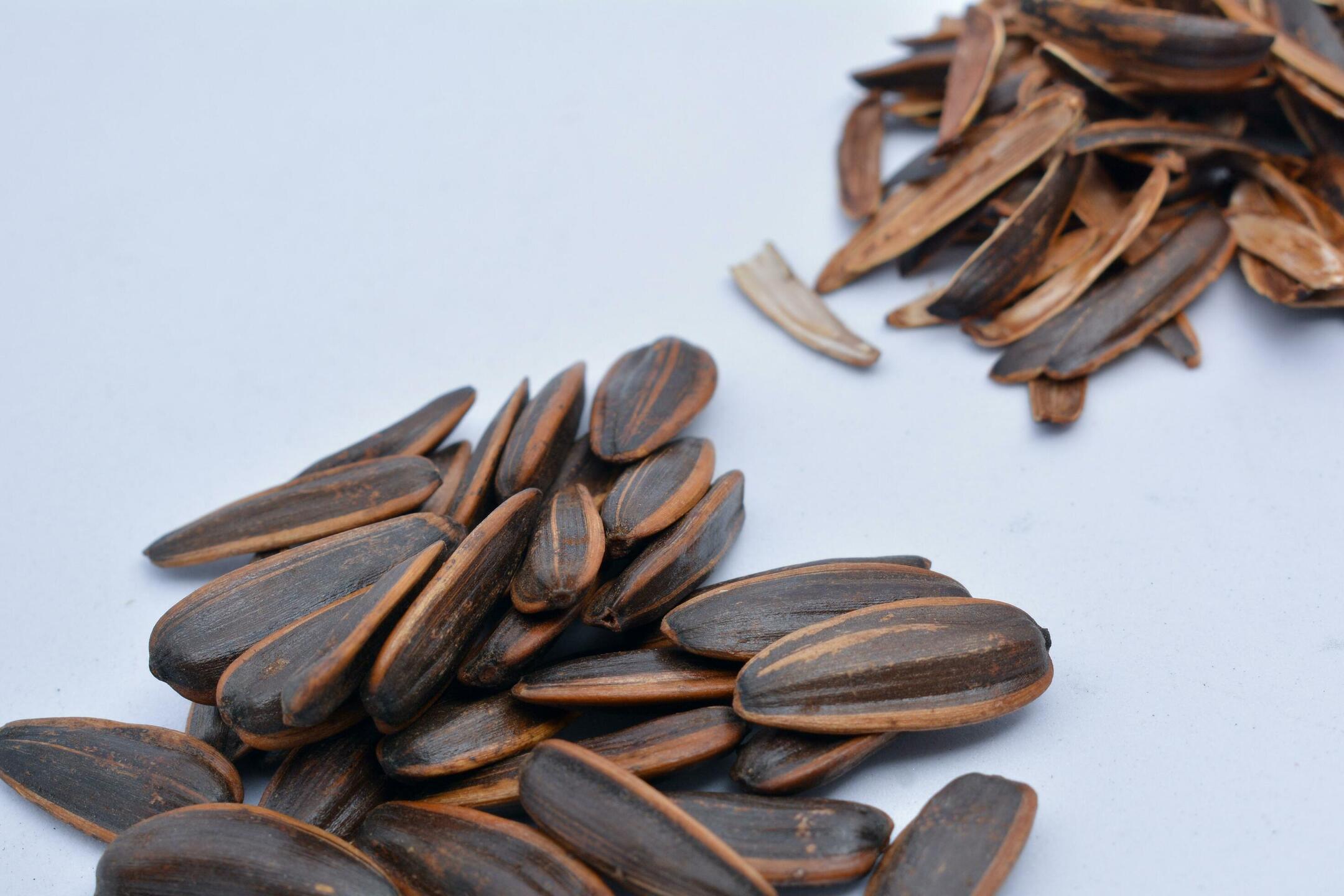
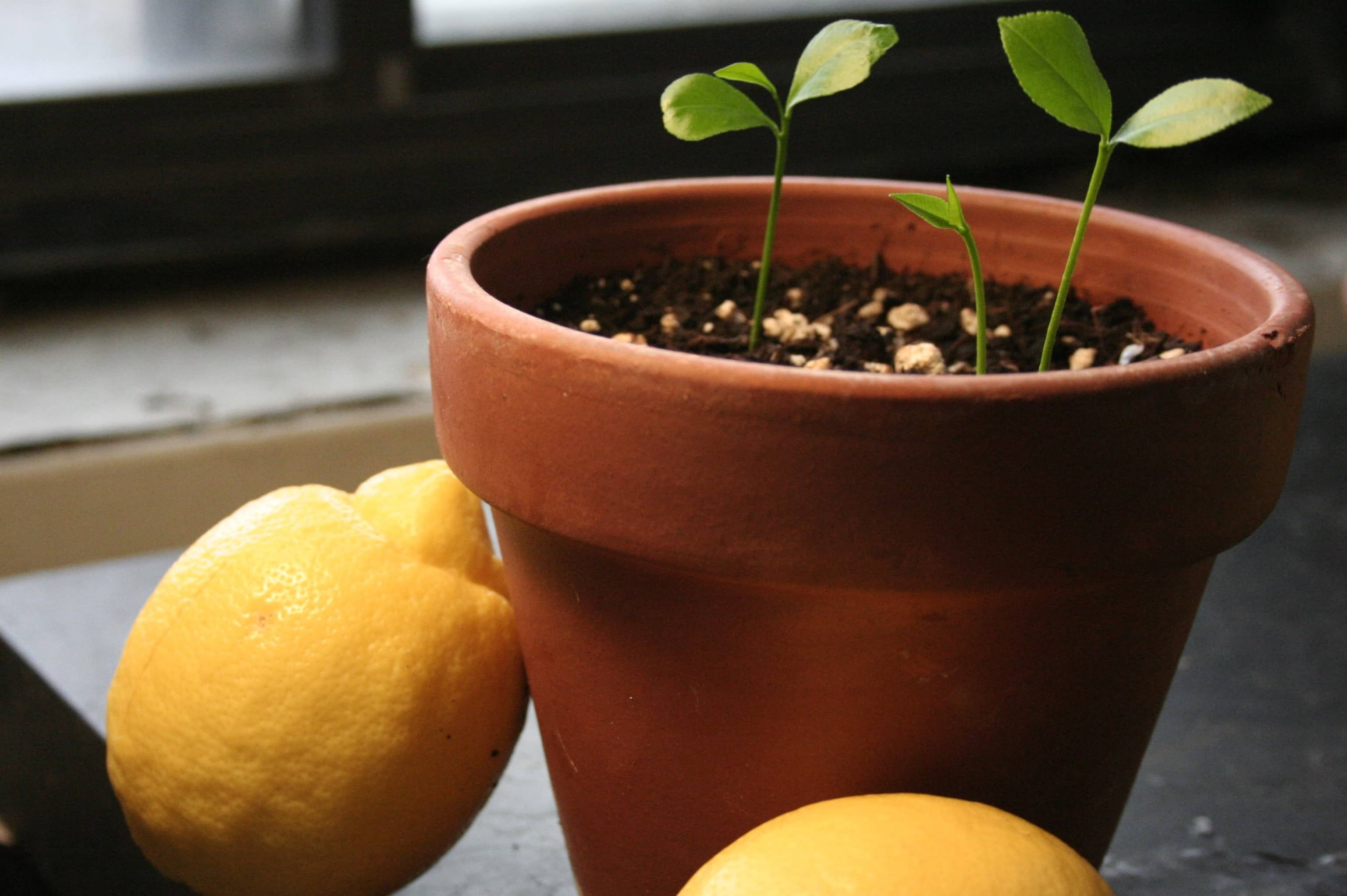
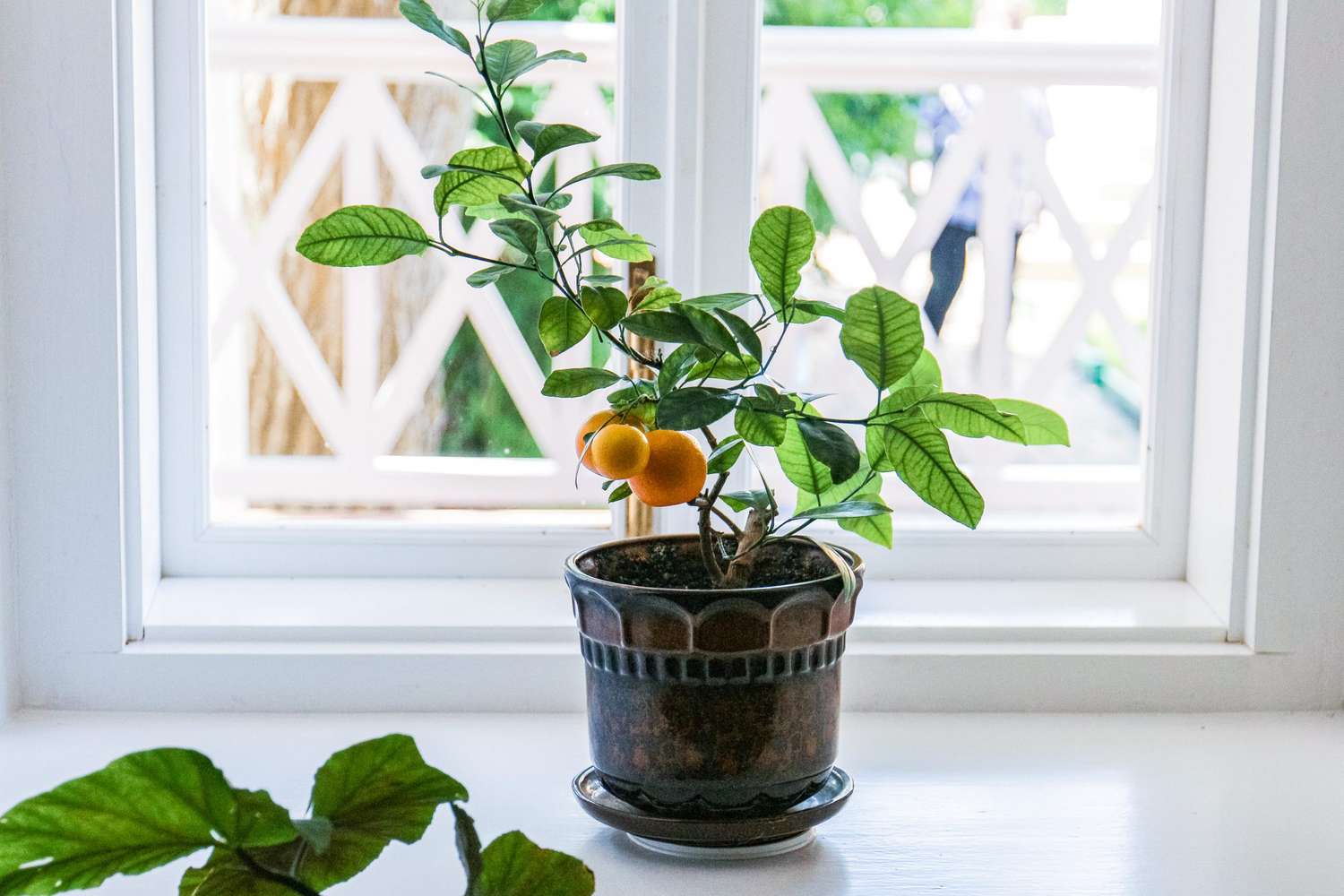


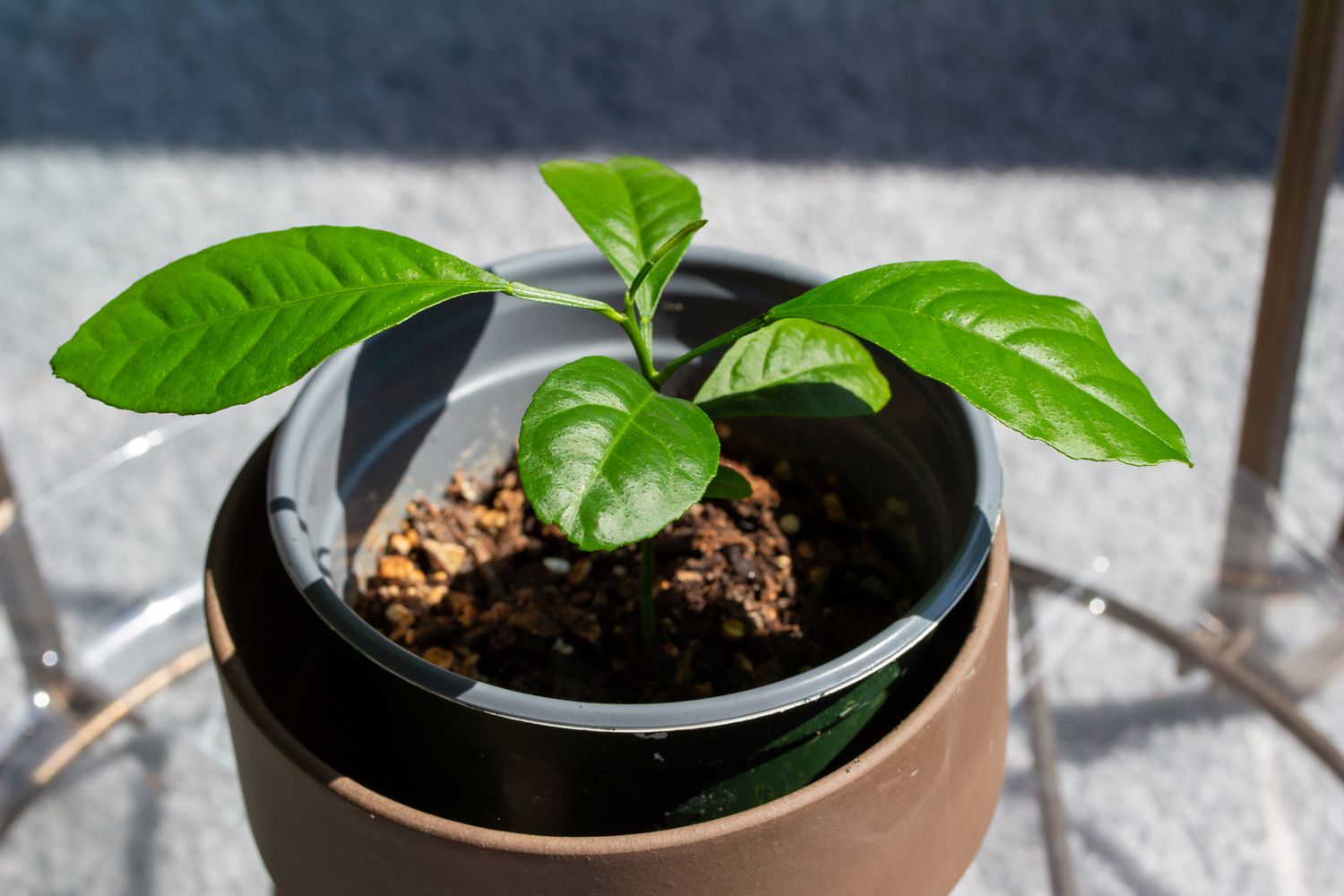
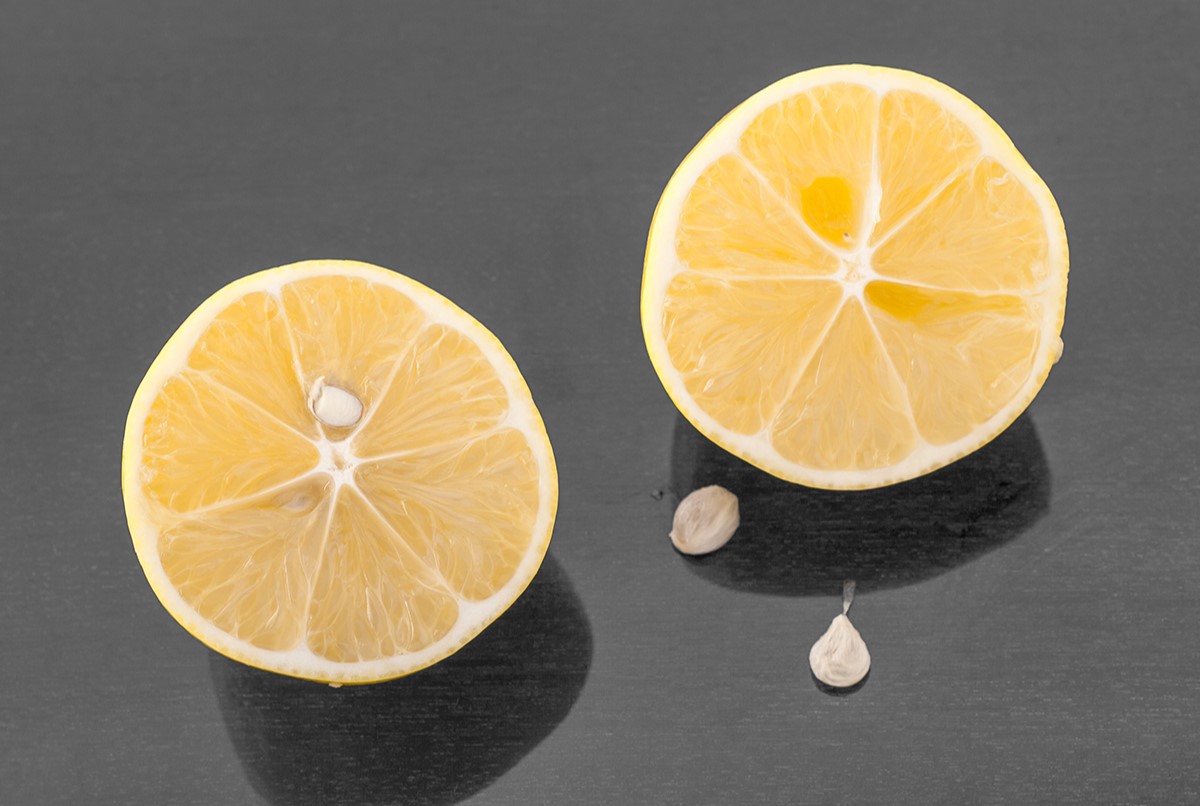

0 thoughts on “What If I Swallow A Lemon Seed”